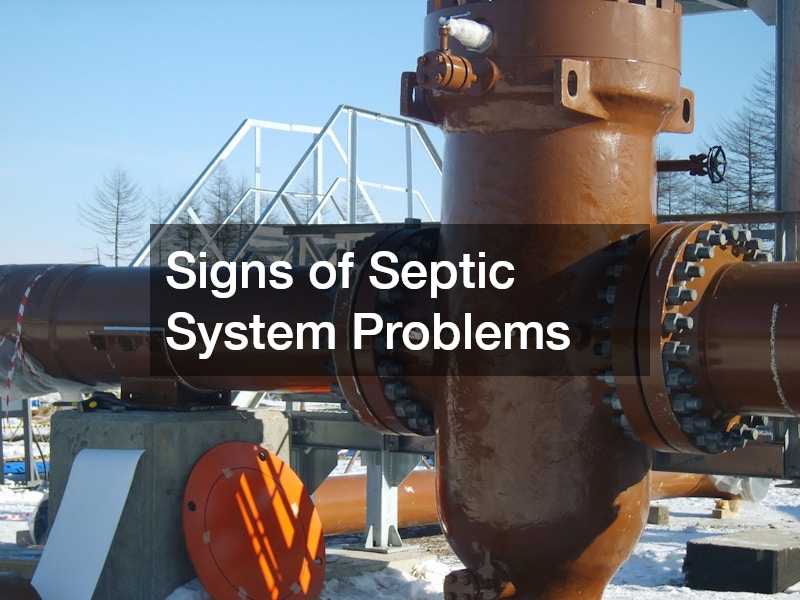Maintaining a healthy septic system is crucial for the sustainability and efficient management of household wastewater. Unfortunately, the convenience of flushing inappropriate items often leads to costly and environmentally damaging issues. By understanding the importance of mindful flushing practices and knowing when to call professional septic companies, individuals can help preserve their septic systems and protect the local environment.
Why Can’t I Flush Certain Items?
Protection of Septic System Functionality
Septic systems rely on a delicate balance of bacteria to effectively break down waste. When non-flushable items enter the system, they disrupt this balance and can cause blockages or mechanical failures.
Moreover, these disruptions often result in the costly and inconvenient need for professional maintenance and repair.
Improper flushing can also lead to a shortened lifespan of the septic system. When non-decomposable materials accumulate, they take up valuable space and reduce the system’s overall capacity. In extreme cases, this can lead to system overflow and severe property damage.
Regularly flushing inappropriate items can necessitate more frequent pumping and cleaning. This increases the operational costs of maintaining a septic system and can result in additional strain on local sewage treatment facilities. Ultimately, protecting the functionality of your septic system starts with understanding what should and should not be flushed.
Environmental Impact
The environmental consequences of flushing non-biodegradable materials can be severe. When these items bypass the septic system’s natural filtering processes, they can end up contaminating local groundwater supplies. These contaminants pose health risks to humans, wildlife, and vegetation, often resulting in long-term ecological damage.
Furthermore, by contributing to the clogging and failure of septic systems, these improper flushing practices can lead to untreated sewage leaking into the environment. This untreated sewage contains pathogens and pollutants that harm aquatic ecosystems and reduce biodiversity. Therefore, adopting responsible flushing habits helps protect local waterways and the creatures that rely on them.
Adopting sustainable plumbing practices reduces the demand for chemical treatments, which are often required to rectify septic system issues caused by improper flushing. By reducing the amount of waste needing human intervention, the ecosystem remains healthier. This holistic approach benefits not just individual households but entire communities and their environments.
The Top Items People Mistakenly Flush
Common Household Products
Many household products that are routinely flushed should never be disposed of in this manner. Items like paper towels and sanitary napkins don’t break down as easily and can cause immediate blockages. In fact, these materials can cause more damage than you might expect, often leading to severe plumbing issues.
Another common culprit is cooking grease, which hardens as it cools and can coat pipes and tanks, leading to system clogs. Flushing such products might seem harmless at first, but over time, they accumulate and become problematic. These problems then necessitate expensive service calls and potential damage to plumbing infrastructure.
Cleaning wipes and diaper liners often join the list of frequently flushed items that should be kept out of the system. Although some wipes are marketed as “flushable,” they often don’t break down quickly enough and can lead to similar clogging issues. As a result, awareness of such common mistakes remains essential for preserving septic system health.
Personal Care and Hygiene Products
Personal care products like cotton swabs, dental floss, and hair strands might seem small, but can become problematic once flushed. These items don’t decompose quickly and can tangle and form clogs within your septic pipes. The gradual buildup can eventually lead to significant mechanical strain on your system.
Similarly, menstrual products such as tampons and pads are common sources of blockage in septic systems. Despite their small size, they expand upon absorbing water and can cause obstructions in plumbing lines and tanks. These blockages compromise the system’s efficiency and can accelerate wear and tear.
Toiletries such as make-up remover wipes and facial tissues also join this list, often being mistakenly seen as harmless. The cumulative effect of these tiny particles can tax a system designed only for biodegradable waste. Awareness and correct disposal of these items can greatly benefit your septic system’s operational longevity and environmental footprint.
How to Properly Maintain Your Septic System
Routine Maintenance Tips
Regular inspection and pumping of the septic tank are crucial to maintain its functionality. Typically, a septic tank should be inspected every three years by a septic service professional. Regular checks ensure blockages are cleared, and any wear and tear can be mitigated promptly.
To avoid potential system breakdowns, it’s essential to conserve water and stagger heavy water usage across different days. Excess water can overload the system, hindering its ability to treat waste effectively. Suggestions include fixing leaky fixtures promptly and installing efficient water-saving appliances.
Implementing measures like using high-efficiency appliances and fixing leaky faucets can greatly improve water conservation. Reducing the volume of water flowing into the septic system equals less stress and prolonged system life. Additionally, being mindful of landscaping can prevent roots from invading and damaging the septic components.
Signs of Septic System Problems
Recognizing the early warning signs of septic system issues can prevent costly damage down the road. Slow-draining sinks, gurgling pipes, or pooling water in the yard are indications that the septic system may be in distress. Acting quickly can often remedy issues before they necessitate expensive repair efforts.
An unpleasant odor around the septic tank or drains is a more obvious sign of a problem. Such smells occur when waste builds up and doesn’t process properly. This and other warning signs should prompt immediate consultation with septic professionals to avoid deeper, more serious problems.
A well-maintained septic system not only saves homeowners from expensive repairs but also protects the environment from unnecessary pollution. Through understanding what should and should not be flushed and embracing regular system maintenance, we can extend the lifespan of septic systems and reduce ecological impact. By adopting these practices, we uphold the health of our communities and contribute to environmental sustainability.




